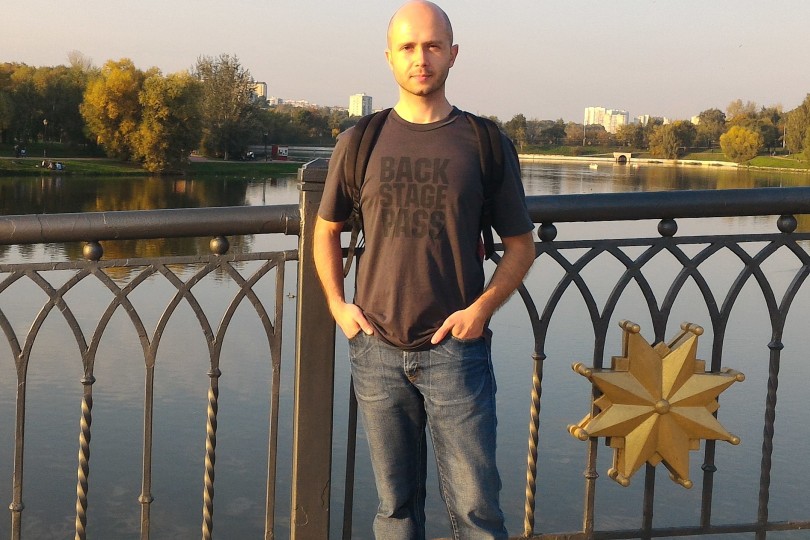- A
- A
- A
- ABC
- ABC
- ABC
- А
- А
- А
- А
- А
- HSE University
- Faculties
- Faculty of Humanities
- School of Linguistics
- News
- Internship experience of a Master student
The School of Linguistics was founded in December 2014. Today, the School offers undergraduate and graduate programs in theoretical and computational linguistics. Linguistics as it is taught and researched at the School does not simply involve mastering foreign languages. Rather, it is the science of language and the methods of its modeling. Research groups in the School of Linguistics study typology, socio-linguistics and areal linguistics, corpus linguistics and lexicography, ancient languages and the history of languages. The School is also developing linguistic technologies and electronic resources: corpora, training simulators, dictionaries, thesauruses, and tools for digital storage and processing of written texts.
Digital Humanities
Bangkok: Association for Computational Linguistics, 2024.
Komissarenko A., Voloshina E., Чевелева А. Н. et al.
Scientific data. 2025. Vol. 12. No. 1.
In bk.: BivalTyp: Typological database of bivalent verbs and their encoding frames. .
arxiv.org. Computer Science. Cornell University, 2024

Internship experience of a Master student

My name is Lorenzo Donegà, I'm a student of Master “PROMOITALS” (Promoting and Teaching Italian as a Foreign Language) at the University of Milan. In addition to an intership in Italy in a language school, I decided to have one abroad with different aims: to see how students learn Italian language in an academic context, to better understand classroom dynamics and technics used by the language teacher and to collect material for my master's dissertation.
I chose HSE because here I had a great chance to accompany Giulia Zangoli, a very competent teacher at the beginning of her teaching experience at the School of Linguistics in the courses of Italian language. It has been interesting to see how Giulia worked with three new groups (two of the second year, one of the first year) at the beginning of the accademic year.
At the end of my internship I collected speech data using a Map Task, a collaborative task between two speakers made to elicit spontaneous dialogues in a controlled context. Asking and giving istructions, two partecipants have to reproduce the route present on a map owned by only one of them. Then, I transcribed dialogues in annoted transcript to highlight interesting behaviors and uses of the language.
I really enjoyed my stay in Moscow from the beginning of September to 5th October 2015. I'd like to thank Giulia Zangoli for sharing with me her professional expertise and for valuable advice. I am also grateful to Nina Dobrushina for her support with the paperwork related to the internship and with the accomodation. Besides I am thankful to the students of the bachelor's programme in Fundamental and Computational Linguistics and the guys at Dormitory 1.
- About
- About
- Key Figures & Facts
- Sustainability at HSE University
- Faculties & Departments
- International Partnerships
- Faculty & Staff
- HSE Buildings
- HSE University for Persons with Disabilities
- Public Enquiries
- Studies
- Admissions
- Programme Catalogue
- Undergraduate
- Graduate
- Exchange Programmes
- Summer Schools
- Semester in Moscow
- Business Internship
- © HSE University 1993–2025 Contacts Copyright Privacy Policy Site Map
- Edit

